
September 25, 2025
AI & Mental Health Support: How a Duke Computer Science Professor is Addressing the Risks
Read on Trinity College of Arts & Sciences

September 25, 2025
Read on Trinity College of Arts & Sciences





January 15, 2025
Read

November 26, 2024
Read on Pratt School of Engineering

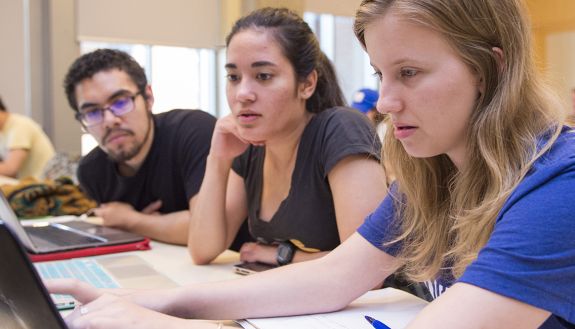
August 23, 2024
Read on Duke Giving
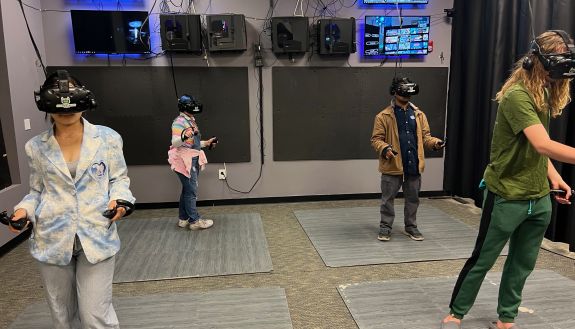
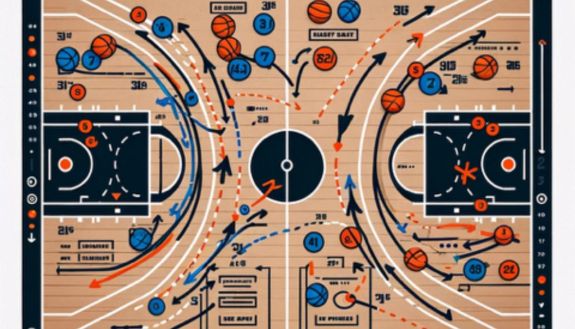


April 15, 2024
Read on Trinity College of Arts & Sciences

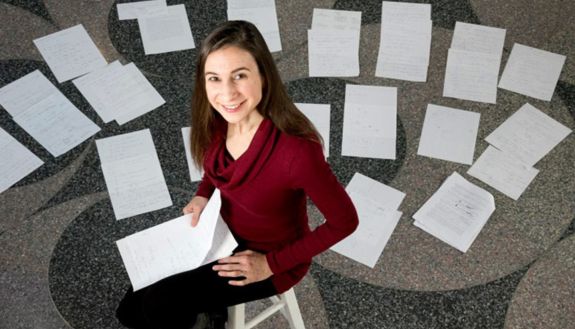
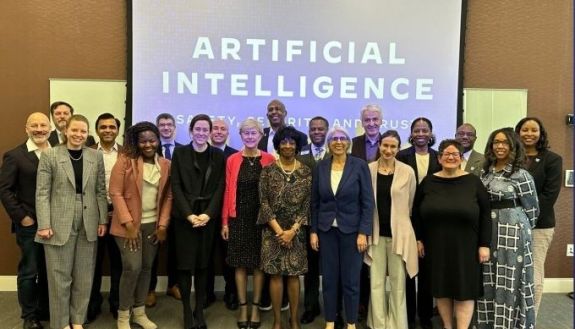
March 1, 2024
Read on Pratt School of Engineering